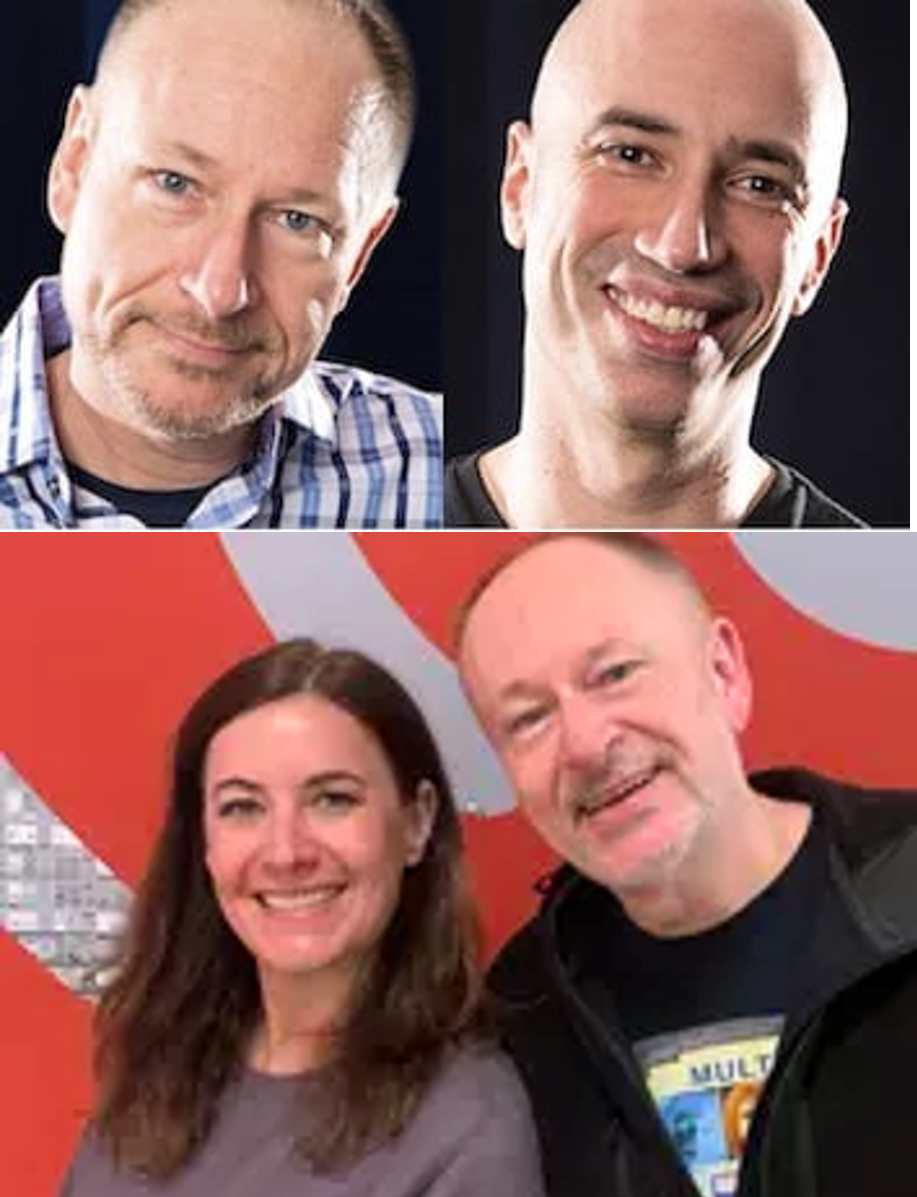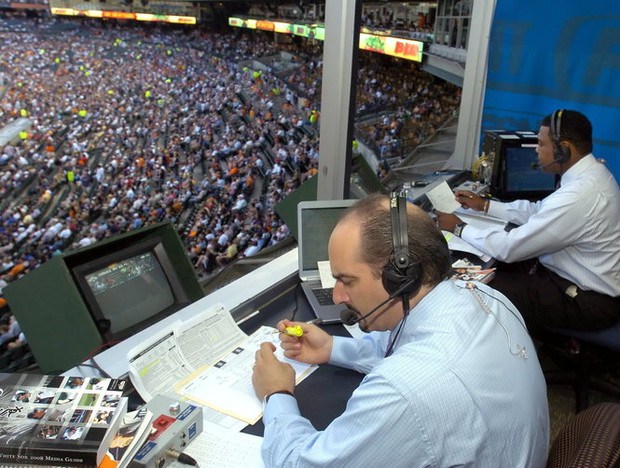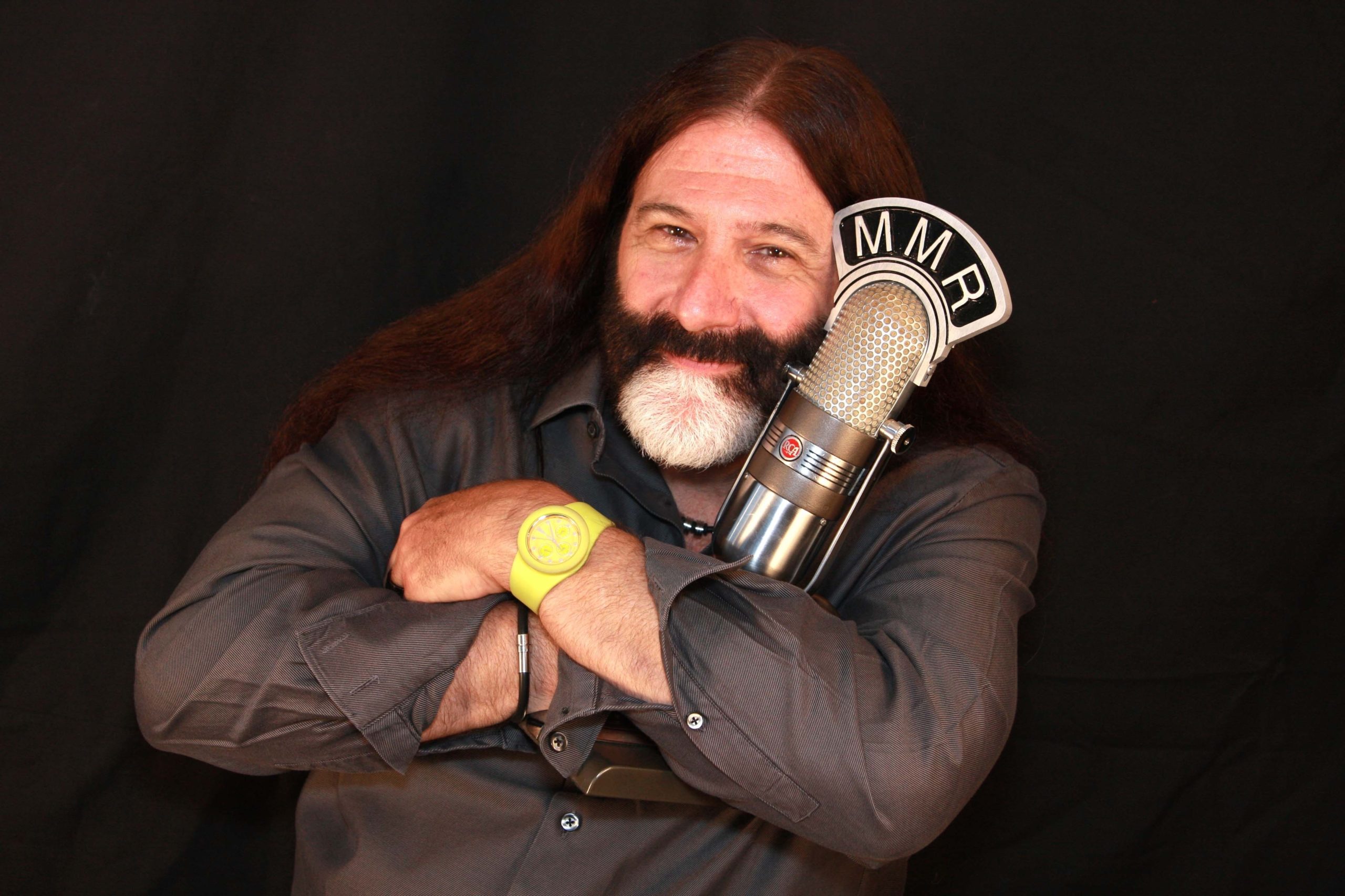
Breakups get our attention, especially among the rich, the famous, and the gifted. We are fascinated by the hirings, firings, and everything in the blurry middle. We speculate about whether the star involved actually quit and walked away from the job or was, in reality, shown the door. Sometimes, it’s hard to tell the difference.
What drives the changes? On management’s side, it may be the realization or intuitive feeling the relationship has peaked – or worse, it’s on the way down. There are also times where the cost of retaining or re-signing talent may be too frothy for the company. In some cases, a station chooses to part company with a popular host because they feel they can no longer afford the cost. In other words, the ROI on talent may have slipped – in someone’s opinion.
Of course, stations have been known to miscalculate the value of talent. In most cases, severing ties runs the risk the star in question will come back to haunt a station – by walking across the street. Oftentimes, it’s not that competitive because talent takes a job out of the market. But in many cases, their departure leaves a void that is difficult to fill.
This is especially true in radio where fans – even today – forge relationships with a morning show, an afternoon personality, or even someone who hosts a weekend or specialty show. We often hear listeners in focus groups refer to a favorite air talent as “a member of the family.” It’s gratifying when those deep connections are formed, but they can sour real quickly if the company can’t find a way to compensate the talent in question. And the topics of value and worth are almost always in the eye of the beholder.
There are ways to attempt to measure these relationships. In radio, we have ratings. Other industries make these calls based on the sales of seats – in the case of sports or theaters. Or how quickly retail goods go flying off the shelf. And then there’s audience research – my area. While never infallible, it can be a helpful way to inject some objectivity into conversations that can become heated and emotional. How many times has management underestimated the popularity of their talent in the community? Conversely, how frequently does talent assume their audience will follow, no matter where they go?

To that end, all ears are trained on Seattle as we experience the fate of B.J. Shea – let go by his long-time station, KISW. In just a handful of days, B.J. literally walked across the street to become the new leader of the morning show on arch rival KZOK replacing Danny Bonaduce. And in the microcosm of a single market, it’s a battle between the wits and will of iHeart Media and Audacy. I know both stations well, having consulted them for several years. Seattle is a market that values its personalities, so this will be one of those rare “walking across the street” scenarios sans a non-compete.
This changing sides dynamic is similar to what happens in sports when an athlete goes on waivers and is picked up by a competitor. Those first games when the player faces his old team and teammates is often well worth the price of admission.
These two companies are no stranger to these morning show rumbles. It happened in Rochester a number of years ago, as Entercom (the company name now known as Audacy) allowed local morning icon, Brother Wease, the chance to restart his career in the iHeart building after starring on the morning show on WCMF. Ultimately, both companies managed to not only survive, but thrive, when their decision-making left the morning show pecking order up for grabs.
For managers and ownership, that “pass or play” decision when a pricey talent contract comes up is often a game-changer – for both the station and for the manager tasked with making the difficult call to negotiate or walk. We can all think of examples where talent took the audience with them (Howard Stern comes to mind), but others where a seemingly popular host or show flopped on another station in town. A GM or PD can make the wrong call and find themselves on the bubble or even out the door.
So much of the fallout – or lack thereof – is caused by how companies and talent play it during the final inning. It’s easy to be all smiles when contracts are written or reupped. It is much more difficult to maintain calm and class when things start getting rocky on one side or another – or both.
 To KISW’s immense credit, they ended their B. J. Shea era with class. While they may have known his destination was iHeart and KZOK, they gave B.J. an opportunity to close out his waning shows on the right note before reconstituting their morning show in his wake. Sadly, it frequently does not end this way.
To KISW’s immense credit, they ended their B. J. Shea era with class. While they may have known his destination was iHeart and KZOK, they gave B.J. an opportunity to close out his waning shows on the right note before reconstituting their morning show in his wake. Sadly, it frequently does not end this way.
But how do we begin to explain these divergent circumstances with talent on the radio airwaves? Why do some have the ability to move audiences, while others have success on one frequency but struggle on others? Environment matters. And the aforementioned Stern is a case in point. During the years when Infinity syndicated his show on stations across the country, his success sometimes varied by radio outlet, often radically.
It became clear that when Howard joined a good station – one with an established position with audience equity – he often performed better. When he got stuck on a dog station (with apologies to any canine readers who might be offended), winning came slower, was more elusive, and sometimes failed to materialize altogether.
Sometimes, the relationship may work well for advertisers and consumers, but not so well for talent. Their ties to the station can fray, despite ratings and sales success. Sometimes, they can’t stand one another. A number of years ago I was tasked with helping save a two-man morning show that was hugely successful. But these guys had grown to despise every fiber of the other’s being, making it impossible to focus them on the bigger picture. I was thrown into the role of marriage counselor (not my strong suit) and neither of them was much interested in therapy sessions.
In the end, they broke up or were finally fired – I’m not sure what occurred first. Interestingly, a new show was brought in, every bit as good as the original morning team at loggerheads with one another. It all worked out (except for the two who ended up getting divorced from each other, neither of whom achieved the same level of success in subsequent years).

We see this all time in showbiz circles, where a team just cannot go on with one another. A few years back, a festering feud broke out between the two play-by-play announcers for the Detroit Tigers, former player Rod Allen and his gifted partner, Mario Impemba. It got so bad that one day in their small press box (yes, their cramped working space didn’t help), the two came to blows during a game – over a chair. Seriously.
Maybe Fox Sports Detroit should’ve hired a marriage counselor before these guys started throwing punches between innings. Part of the art of separation is to (try to) do it with class.
We saw two major departures in the world of sports and marketing this past week. Bill Belichick departed from the New England Patriots after spending 24 years as the team’s head coach. During the time of his reign, the Pats won six Super Bowl championships. The day after owner Robert Kraft announced the end of the Belichick Era, the team announced a new coach – Jerod Mayo – was coming in to replace New England’s “Mastermind of Football.”
For the Patriots and football, it was the end of an era. For Belichick, he’s already interviewing with other NFL teams. Apparently, there’s still tread on those tires, and he’ll try to reignite his success in a different city for a new team (and a new owner).
And then there’s legendary golfer, Tiger Woods, whose long multi-decade endorsement partnership with Nike ended earlier this month. While Tiger embodied the “Just Do It” mantra, Nike obviously decided it was the end of this relationship, although who made the first move – “No, it’s not you – it’s me” – is ambiguous. Just the way Woods and Nike wanted it to play out.
The relationship began 27 years ago when Tiger was a young golfer, exciting the galleries around the world with his playing skills and his charisma. If there was anyone responsible for uplifting an entire sport, it was about what Woods did for golf.
So, how to “Just UN-Do It?”
According to Emily Rella of Entrepreneur, it clearly took planning and staging. Woods was allowed to break his own story, choosing his Instagram account as the medium to announce the breakup:
View this post on Instagram
And then right on script, Nike posted this heartfelt message also on the brand’s Instagram account, putting the bow on what was reportedly a classic talent/management relationship:
View this post on Instagram
Tiger and Nike will go on. Woods will continue to endorse other products. Rella tells us estimates suggest 90% of his income is endorsements. When the original multi-year deal between Woods and Nike was inked, it was worth a reported $40 million – in retrospect, a good deal for both sides.
For Nike, they got not just the face of the sport, but an aspirational, courageous star with the ability to draw huge crowds to any medium. And as Woods wrote on his post, “Yes, there will certainly be another chapter.” At some point down the road, the golfer and the shoe company will reunite for a series of nostalgic, “classic” ads. We’ve seen this movie before – many times.
And in radio, long-term relationships with stellar talent ought to be viewed the same way. You cannot estimate the value of these partnerships using spreadsheets or even rating books. The value of a true star lends to a brand is incalculable. But smart owners and marketers know a great relationship when they see one.
 This was why I was so gratified to get the news earlier this month that iconic personality and bon vivant Pierre Robert (pictured) had penned a new multi-year deal with WMMR owners, Beasley Media Group. These two entities belong together as the past 4+ decades have proven.
This was why I was so gratified to get the news earlier this month that iconic personality and bon vivant Pierre Robert (pictured) had penned a new multi-year deal with WMMR owners, Beasley Media Group. These two entities belong together as the past 4+ decades have proven.
Pierre originally joined MMR way back in 1981 under different ownership. Subsequently, both Greater Media and Beasley understood the unique talent they had in Pierre. Credit to Beasley’s Joe Bell, Bruce Beasley, and outgoing PD god Bill Weston on the one side, and Pierre and his agent, Steve Mountain, for making sure cooler heads did indeed prevail.
Media and Beasley understood the unique talent they had in Pierre. Credit to Beasley’s Joe Bell, Bruce Beasley, and outgoing PD god Bill Weston on the one side, and Pierre and his agent, Steve Mountain, for making sure cooler heads did indeed prevail.
This great coverage in the Inquirer by Don DeLuca last week said it all about this incredible talent and the relationship he has forged with his community of fans and devotees. As Pierre explained to DeLuca, “I’m not done.”
Every relationship has a beginning, a middle, and an end. For now, that last part is TBD. And that’s a good thing for Beasley, Pierre, and Philly.
- The Rock Hall’s Most Egregious Snub Yet? - May 16, 2025
- Attention Tech And Entertainment Writers: Don’t Mess With Radio! - May 15, 2025
- 3 Socio-Economic Shifts Every Radio Programmer And Seller Should Be Aware Of - May 14, 2025




A star is a star not matter where you are.
True that, Clark.
I live for the day when I can write as intelligent an article as this. Until then, I can dream, What really keeps me up at night is the knowledge that Fred probably wrote this article in an hour. That’s just not fair.
Too kind. And it took more like 2 hours. 🙂 Thanks, Steve.